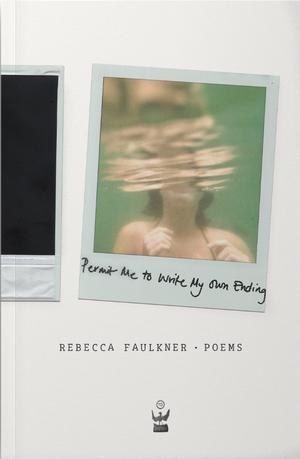PERMIT ME TO WRITE MY OWN ENDING


The author boldly confronts the ugly, dark aspects of life and death in this powerful set of poems; she recounts a tragic accident and contemplates the aftereffects of war, among other grim topics. In “King’s Head,” a speaker recalls “gum hardened” desks, a phone cord in “Twelve” “stretched under my door umbilical tight,” and, in “Sixteen,” she describes being groped outside of a club. The innocence of a “jump-rope slap” in “Rope” and double Dutch chants of youth give way to “Operation Virginity” and gruff sex with a soldier. “Viable” describes a miscarriage, after which the speaker seeks solace on a lake bed in “Small Bodies of Water.”In “Fireweed,” the speaker yearns to tell an absent man about his son, “but there is no more room inside your busted skull for us.” She describes the ease of deceiving a doctor in “Transference” and the awkwardness of crossing paths with a therapist in the grocery store in “Shrink.” Faulkner also imagines the mindset of German political activist Sophie Scholl during her execution by the Nazi government in 1943and pens a tribute to Mrs Dalloway author Virginia Woolf’s traumatized World War I soldier Septimus Smith. The author is masterful at evoking the tough, gritty nature of her speakers’ surroundings, describing the way “the shoreline keens & punches,” the “gin-sodden drizzle” of Southend, and the “burnt chalk taste of trams” in East Berlin. Her work addresses the experience of being female in a hostile world: In “Sixteen,” the speaker recalls walking home, “brass keys clasped between shaking fingers.” Her “hunger / for things that are just out of reach” is palpable and relatable. That said, some readers might feel unmoored by the nonchronological order of the text.



